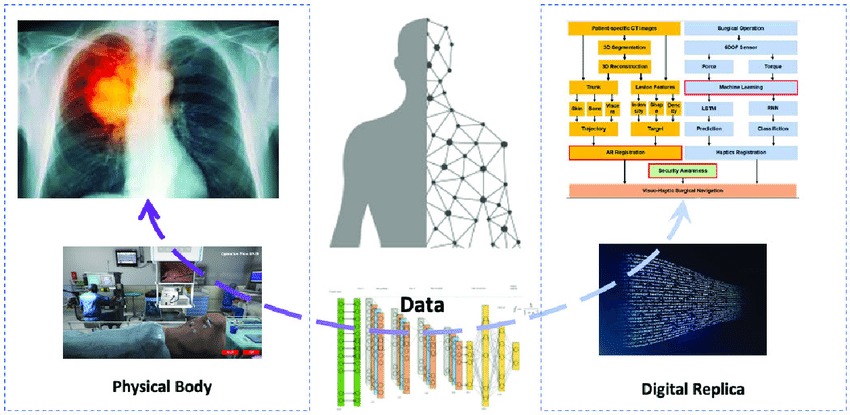This week in healthcare news, the conversation was dominated by major developments in global public health policy, significant medical research breakthroughs, and the increasing role of technology and AI in medicine.
Global Health on the World Stage
The international health community was highly active, with key policy changes and announcements. The World Health Organization (WHO) marked World Patient Safety Day on September 17, focusing on “Safe care for every newborn and every child.”

The WHO also announced the entry into force of amended International Health Regulations (IHR), a major step toward strengthening global responses to public health emergencies. These amendments, shaped by lessons from the COVID-19 pandemic, introduce a new “pandemic emergency” alert level and aim to improve coordination among nations.
Meanwhile, the U.S. State Department released its “America First Global Health Strategy,” emphasizing a new approach to foreign aid that prioritizes American interests and promotes American health innovation.
On a regional level, several Northeastern U.S. states and New York City have announced the formation of a new Northeast Public Health Collaborative to enhance coordination and share expertise.
Research and Technology: A Glimpse into the Future
Significant progress was reported in medical research and the application of new technologies. A new study revealed a promising strategy to boost life-saving cervical cancer screenings, a major global health concern.

In oncology, a digital twin of a lung cancer cell was created, offering new insights into tumor growth and providing a new tool for personalized cancer treatment.
Artificial intelligence (AI) in healthcare continued to be a major force in healthcare innovation. New AI-based algorithms were developed to aid in lung ultrasound analysis and to assist in autism assessments by analyzing brain activity.
A new deep-learning tool was also created to detect homologous recombination deficiency (HRD) in tumors from standard biopsy slides, which could help identify patients who would benefit from specific targeted therapies.
Spotlight on Treatments and Medical Management

The class of drugs known as GLP-1 receptor agonists, used for weight loss and diabetes, was a frequent topic this week. A new study indicated that a once-daily oral GLP-1 pill, orforglipron, achieved over 11% weight loss in a global trial. Additionally, a new platform called WeDosify was launched to help clinicians personalize GLP-1 dosing for patients.
In other treatment news, a groundbreaking new class of antibiotics, “Novltex,” was discovered, showing potent activity against some of the most dangerous multidrug-resistant bacteria.
Additionally, a one-time gene therapy showed promise in clinical trials for ending the need for lifelong blood transfusions for a rare blood disease.
For the public, new research provided important health insights. A study found that certain oral microbes may be linked to an increased risk of pancreatic cancer, while another connected chronic insomnia to a higher risk of dementia.
Additionally, the Centers for Disease Control and Prevention (CDC) reported that COVID-19 cases are on the rise in about half of the U.S. states, reminding the public to remain vigilant.
For more in-depth analysis and daily updates on the latest in healthcare news, follow us on LinkedIn!